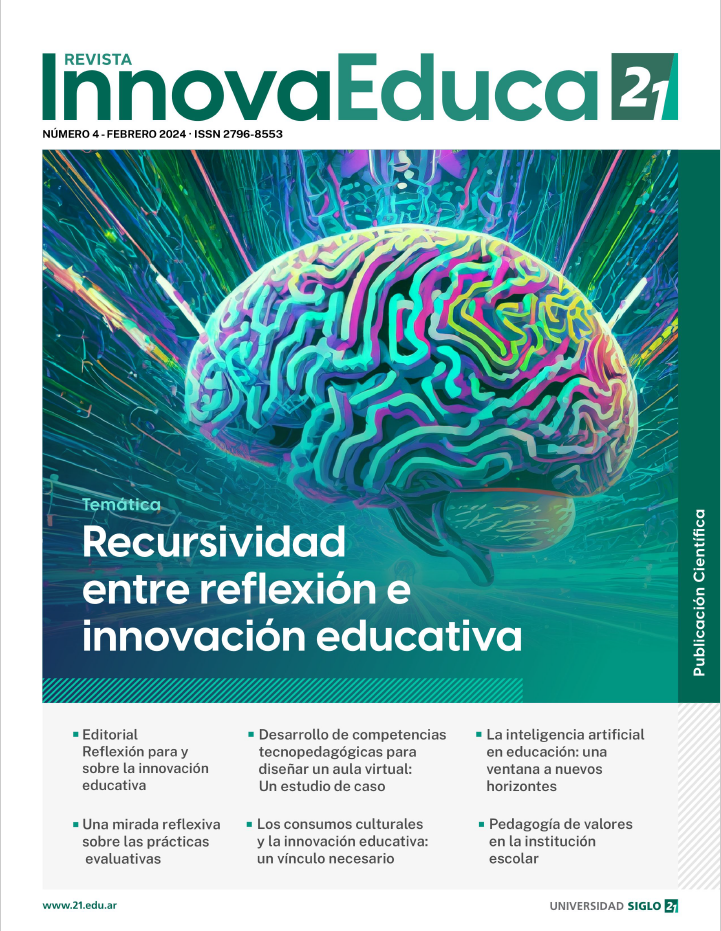A reflective look at evaluative practices

Abstract
Justification. The evaluation of learning has traditionally been associated with its measurement, but this simplistic view overlooks the awareness of the acquired learning or blurs the presence of difficulties in acquiring, understanding or transferring this learning. It is necessary to rescue the concept of the so-called authentic evaluation as a reaction to a pedagogical tradition where evaluation is considered only a summative activity. Main premises. If we understand that evaluation is part of the teaching-learning process and that evaluation consists of making value judgments about something, objects, behaviors, plans, evaluation should not be considered an end in itself, but rather a variable used to make decisions, regarding the progress of a process. Question marks. To what extent are the concepts of validity, authenticity, formativity, and reliability of assessment recognized and applied? Do evaluative practices take evaluation as a social practice? Can these evaluative practices contribute to educational innovation? Conclusions. It becomes relevant to
highlight and explain the evaluation as part of the teaching-learning process and the need to gather information on the evaluation instruments used in order to review concepts and procedures.
Keywords
Assessment, Evaluative practices, Authentic evaluation, Formative assessment- Innovation
Author Biography
Sandra María Guzmán
Abogada y Procuradora por la UNC, Diplomada en Innovación educativa por la Universidad Siglo 21, Maestrando en Innovación Educativa (en proceso de elaboración del trabajo final de posgrado sobre "Evaluación en las materias de Derecho penal, de la carrera de Abogacía modalidad distancia de la Universidad Siglo 21"
Profesora titular de Derecho Penal Económico y Derecho Penal parte general Modalidad presencial y Profesora titular experta de Derecho Penal económico, Derecho Penal parte especial, Derecho Penal parte general modalidad distancia y Derecho Procesal penal modalidad PH.
Directora del Proyecto de investigación "Nuevas formas del lavado de activos de origen delictivo" por la Universidad Siglo 21
